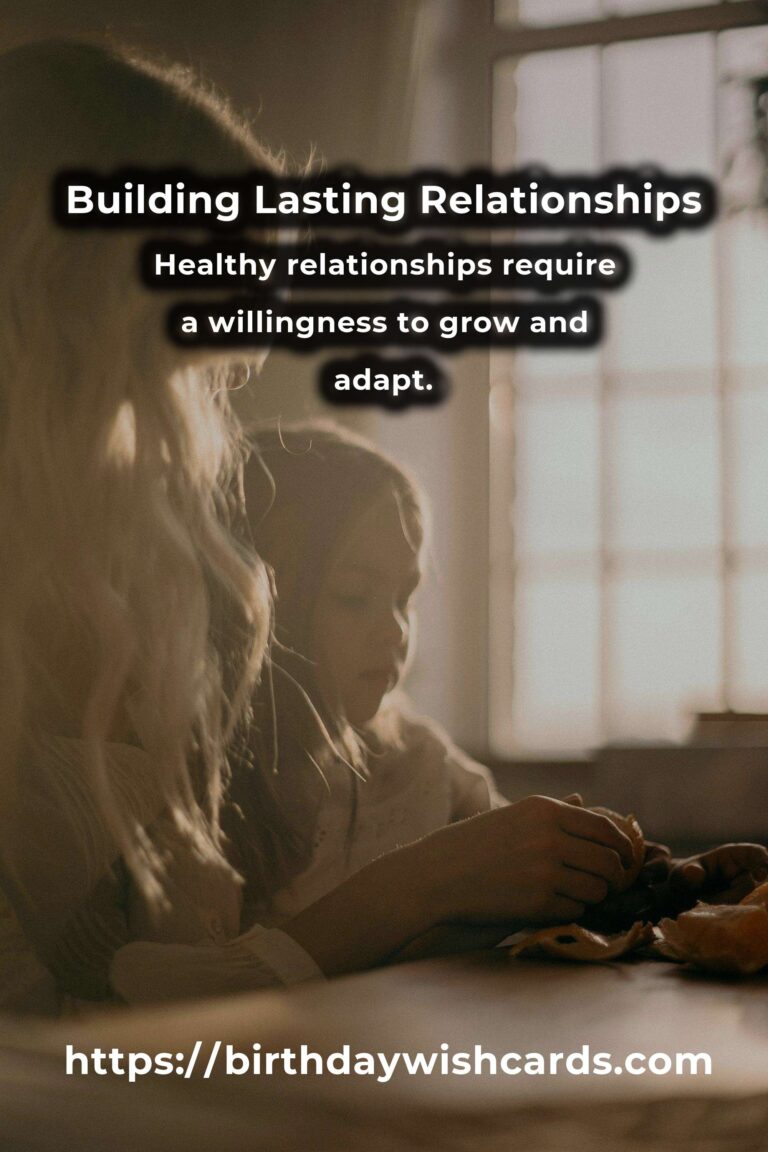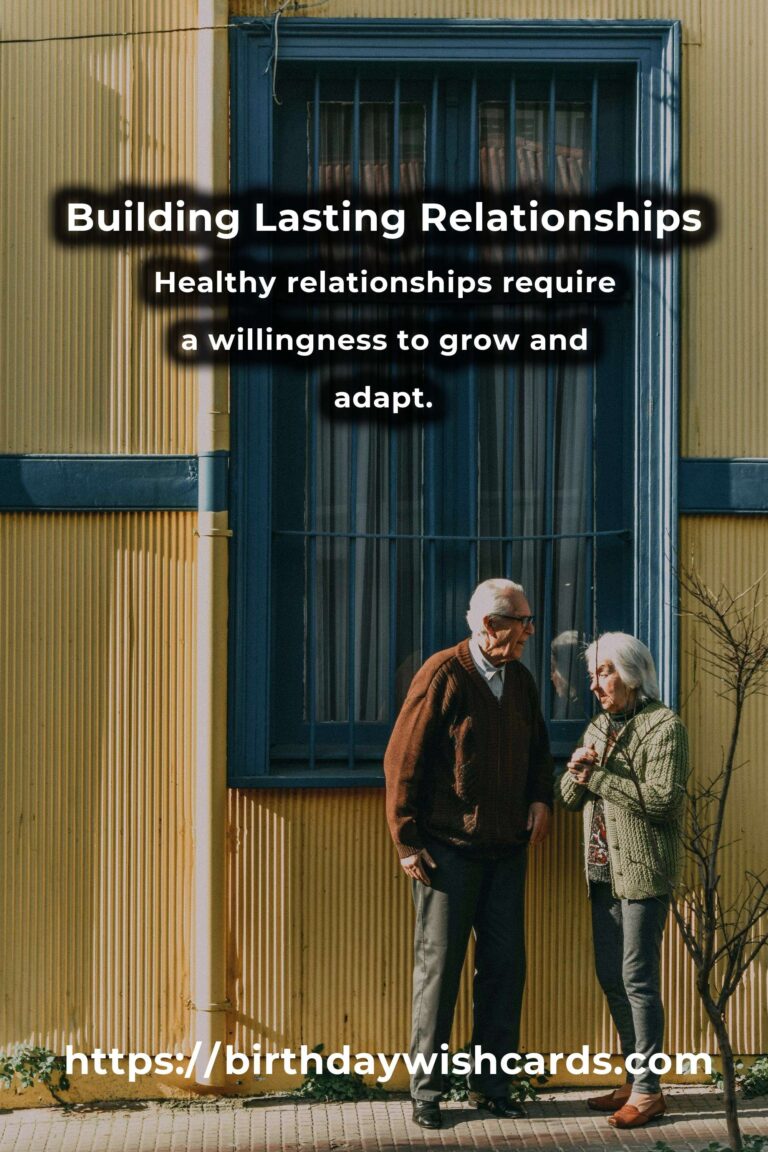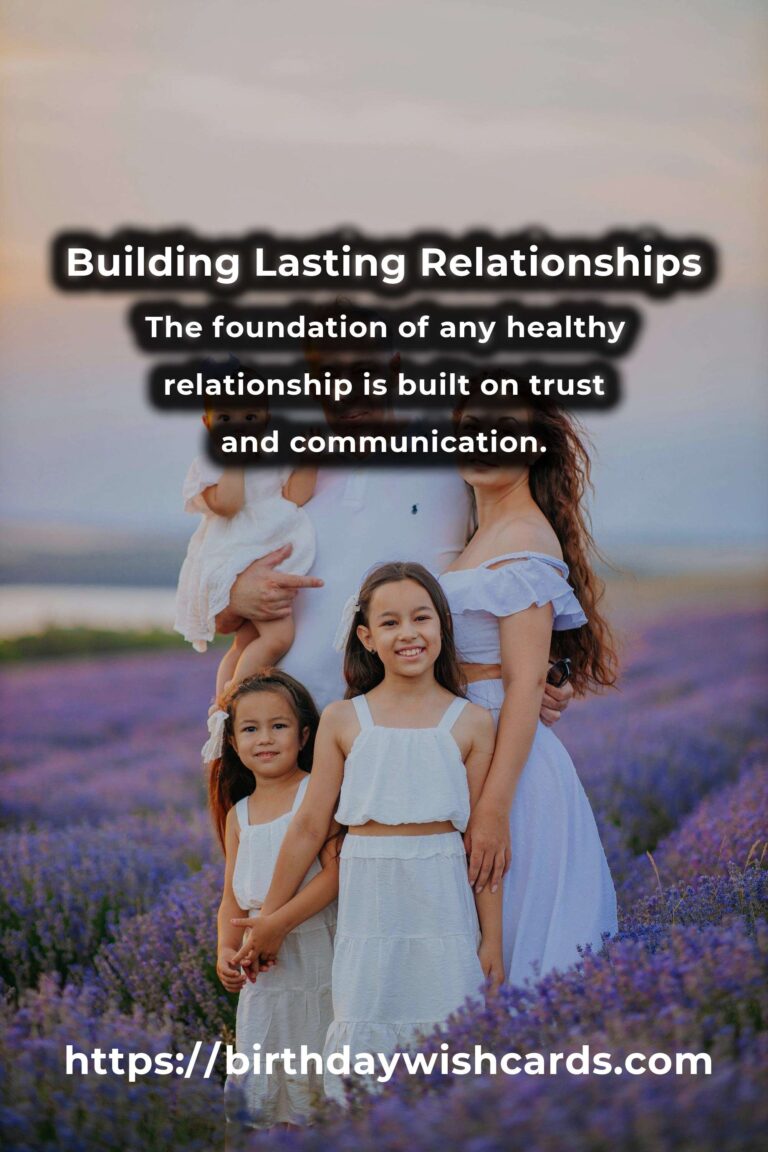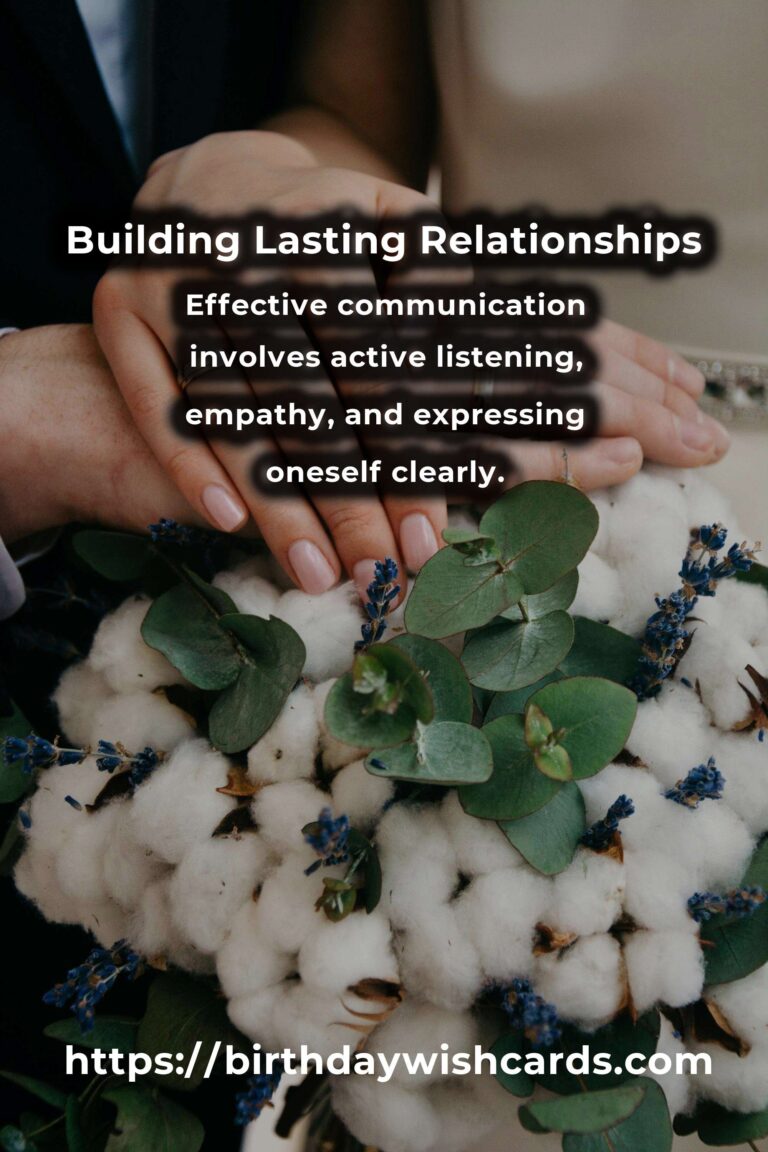
Building and maintaining healthy relationships is a vital aspect of a fulfilling life. Whether it’s with a partner, family, friends, or colleagues, sustainable relationships require effort, understanding, and mutual respect. In this article, we will explore expert advice on how to cultivate relationships that are not only healthy but also enduring.
Understanding the Foundation of Healthy Relationships
The foundation of any healthy relationship is built on trust and communication. Without these key elements, relationships can become strained and unsustainable. Experts suggest that open and honest communication is crucial in expressing needs and addressing conflicts. Trust, on the other hand, is the bedrock that supports the entire relationship structure. When trust is shaken, it can be challenging to restore the balance.
Communication: The Cornerstone of Relationship Building
Effective communication involves active listening, empathy, and expressing oneself clearly. Active listening means giving full attention to the speaker, acknowledging their message, and responding thoughtfully. Empathy allows individuals to understand and share the feelings of others, fostering a deeper connection. Clear and respectful expression of thoughts and emotions helps in avoiding misunderstandings and resolving conflicts amicably.
The Role of Trust in Sustainable Relationships
Trust is earned through consistent actions and reliability. It involves keeping promises, being truthful, and demonstrating integrity. When trust is present, individuals feel safe and secure in the relationship, knowing that they can rely on each other. Rebuilding trust after it has been broken requires time, patience, and a commitment to change.
Maintaining Healthy Boundaries
Boundaries are essential in any relationship to ensure that individuals feel respected and valued. Healthy boundaries involve understanding each other’s needs and agreeing on limits that protect personal space and individuality. This also includes respecting each other’s personal time and interests, which helps prevent feelings of suffocation or resentment.
Importance of Shared Values and Goals
Having shared values and goals can strengthen the bond between individuals. This doesn’t mean that partners or friends must agree on everything, but having common interests or aspirations can create a sense of unity and purpose. It encourages teamwork and collaboration, which are vital for the longevity of any relationship.
Dealing with Conflicts in a Healthy Manner
Conflicts are inevitable in any relationship, but how they are handled can make a significant difference. Experts advise addressing issues promptly and honestly, rather than allowing them to fester. It is important to approach conflicts with a problem-solving mindset, focusing on finding a resolution that satisfies all parties involved.
Commitment to Growth and Adaptability
Healthy relationships require a willingness to grow and adapt. As individuals change over time, so do their needs and expectations. Being open to change and supporting each other’s growth can prevent stagnation and foster a dynamic and fulfilling relationship. This involves being open to feedback and willing to make adjustments as necessary.
Conclusion: Nurturing Lasting Relationships
Building sustainable healthy relationships is a continuous process that requires effort, patience, and dedication. By focusing on communication, trust, boundaries, shared values, conflict resolution, and adaptability, individuals can create relationships that are not only healthy but also enduring. Remember, the journey towards a sustainable relationship is as important as the destination.
Building and maintaining healthy relationships is a vital aspect of a fulfilling life. The foundation of any healthy relationship is built on trust and communication. Effective communication involves active listening, empathy, and expressing oneself clearly. Trust is earned through consistent actions and reliability. Boundaries are essential in any relationship to ensure that individuals feel respected and valued. Having shared values and goals can strengthen the bond between individuals. Conflicts are inevitable in any relationship, but how they are handled can make a significant difference. Healthy relationships require a willingness to grow and adapt.
#HealthyRelationships #RelationshipAdvice #Communication #Trust #Boundaries #ConflictResolution #PersonalGrowth













